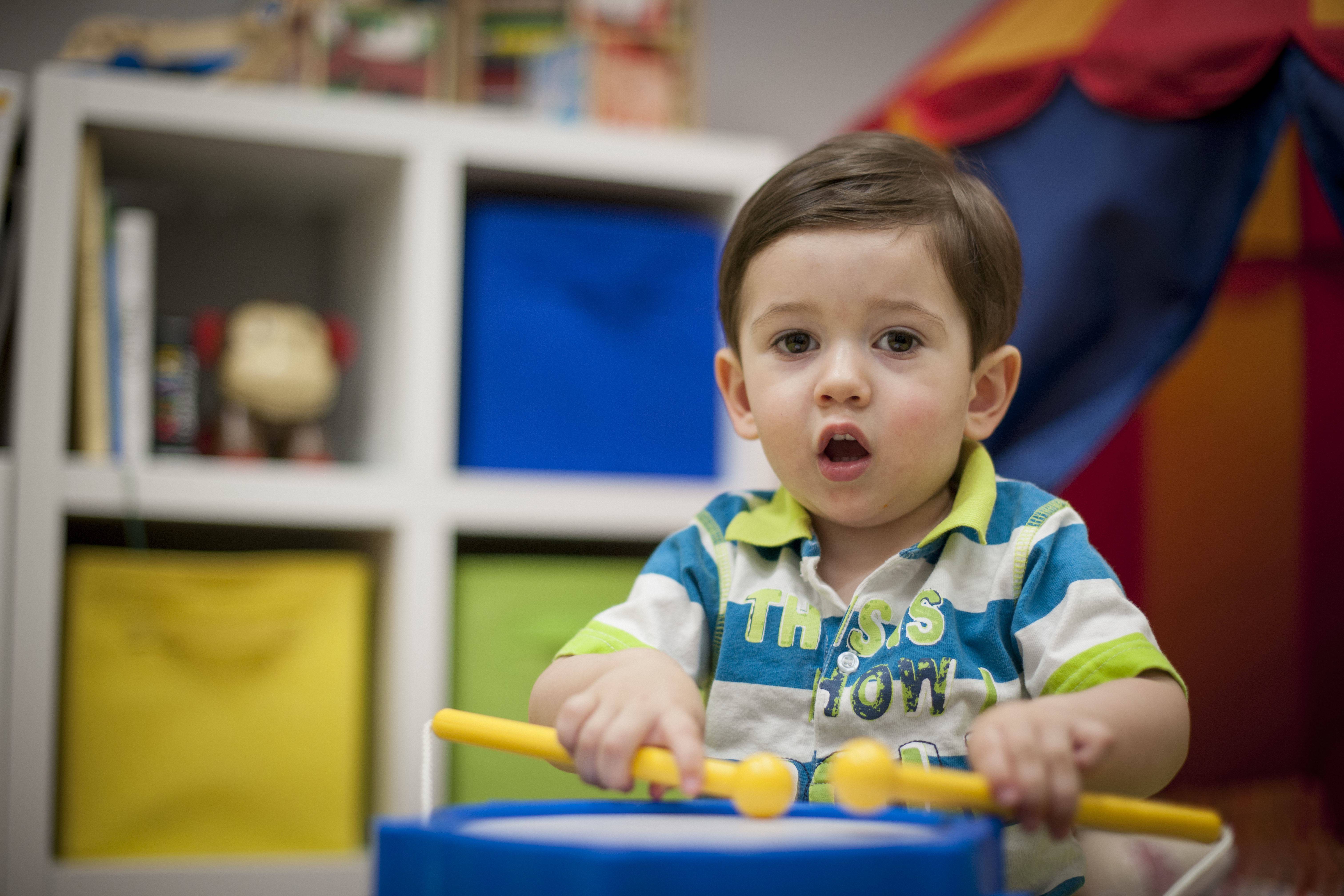Key points:
- Babies have an excellent sense of hearing from the 16th week of pregnancy.
- Auditory skills like localization develop early; infants react to familiar noises.
- Talking, reading, and playing music with your baby stimulate their auditory senses.
- Hearing is crucial for linguistic, social, and cognitive development; regular checkups are recommended.
This article discusses the development of your baby’s sense of hearing, a sub-domain of the Physical developmental area!
Babies are born with an excellent sense of hearing, almost as good as an adult’s. From the 16th week of pregnancy, babies can start detecting some limited noises, and the next weeks after that, they will start hearing more about the outside world. By week 24, they can even turn their heads in response to noises! If you want to learn more about prenatal auditory stimulation check out this article.
So by the time your little one is born, they can hear your voice clearly and can react to familiar noises. By their third month, they will recognize your voice and between the fourth and sixth month, they will differentiate between several tones you use. All that practice listening to your conversations will pay off!
Understanding your baby’s sense of hearing
One of the earliest auditory skills developed by your baby will be localization or the ability to pinpoint a sound’s source. During the first year, listening skills will be refined, which you will be able to notice by observing your baby’s attention shifting to the phone ringing, pots clanging, a door slamming, or just someone talking. Here are some tips for auditory stimulation for babies.
You can work on your little one’s audition by playing or making music together, reading to them, and talking to them on a day-to-day basis. Reduce the baby talk gradually, and start providing more opportunities for your little one to babble, and, later, say their first words. Between age one and two, their vocabulary will be growing at an incredible pace, tripling every six months; and by the time they start school, your now-preschooler will understand nearly everything that is said!
The sense of hearing will be important in the development of linguistic, social, and cognitive skills, so it is recommended to check your baby’s hearing before leaving the hospital. Keep in mind that you can always consult your pediatrician if you think your child is not hearing appropriately.
We also mentioned some approximate ages where babies reach some milestones, but remember that each child develops at a different rate. However, there are things you can do to help your child’s development. Here’s a Kinedu activity that works to strengthen the sense of hearing!








